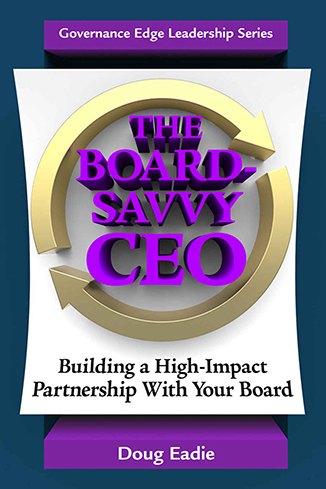Our July 7 post at this blog, “About Character and CEO Leadership,” takes a look at various elements making up a person’s character and focuses in on a character trait that helped to make Abraham Lincoln an extraordinary leader: “true humility.” Although proud, ambitious and self-confident, Lincoln was humble in the sense of keeping his robust ego in check. This “true humility” enabled him to capitalize on the talents of the strong-willed men making up his cabinet, who could easily have thrown a person of lesser character on the defensive. Jeff Finkle, President/CEO of the International Economic Development Council, and Michelle Mason, President & CEO of the Association Forum of Chicagoland – two extraordinary CEOs serving on this blog’s CEO Advisory Committee – continue our discussion of leadership and character in this new podcast, drawing on their substantial executive experience.
As you’ll see, Jeff and Michelle have been keen observers and lifelong learners, paying close attention not only to the lessons they’ve learned from their mentors and role models over the years, but also to the examples of leaders whose serious character flaws have limited their impact and damaged their careers. Jeff and Michelle have both learned from experience that leaders who are guided by a clear vision and who keep their ego in check are far likelier to make a significant positive difference, and they agree on three other character traits that are critical to effective CEOship: integrity, rigorous self-honesty, and empathy (which they both believe tends to be more characteristic of female than male CEOs). And Michelle, reflecting on the leaders she’s observed and learned from over the course of her career, notes that a work habit that might fall short of a character trait is nonetheless essential for success as a leader: an intense focus on tactical details. Otherwise, a leader’s vision, no matter how inspiring, is far less likely to be translated into actual practice.
I’ll let them speak for themselves.





